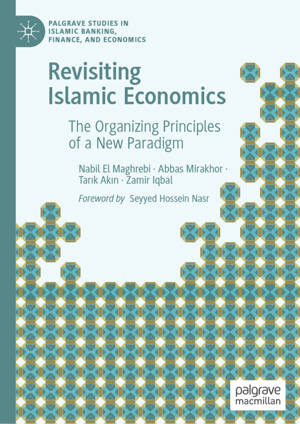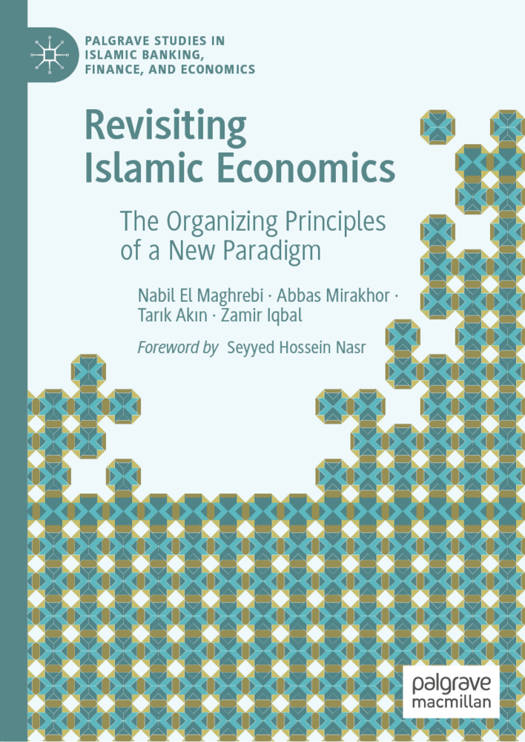
- Retrait gratuit dans votre magasin Club
- 7.000.000 titres dans notre catalogue
- Payer en toute sécurité
- Toujours un magasin près de chez vous
- Retrait gratuit dans votre magasin Club
- 7.000.0000 titres dans notre catalogue
- Payer en toute sécurité
- Toujours un magasin près de chez vous
Revisiting Islamic Economics
The Organizing Principles of a New Paradigm
Nabil El Maghrebi, Abbas Mirakhor, Tarık Akın, Zamir Iqbal
137,45 €
+ 274 points
Description
Showcases the sources of policy failures financial instability and income disparities
Counters criticism levied against economics about its inability to solve economic problems and predict financial crises
Explains the need for a paradigm shift from Islamic economics to Iqtisaad, a socio-economic system that is entirely independent from other economic doctrines and systems of thought
Spécifications
Parties prenantes
- Auteur(s) :
- Editeur:
Contenu
- Nombre de pages :
- 373
- Langue:
- Anglais
- Collection :
Caractéristiques
- EAN:
- 9783031411335
- Date de parution :
- 21-12-23
- Format:
- Livre relié
- Format numérique:
- Genaaid
- Dimensions :
- 148 mm x 210 mm
- Poids :
- 621 g

Les avis
Nous publions uniquement les avis qui respectent les conditions requises. Consultez nos conditions pour les avis.






